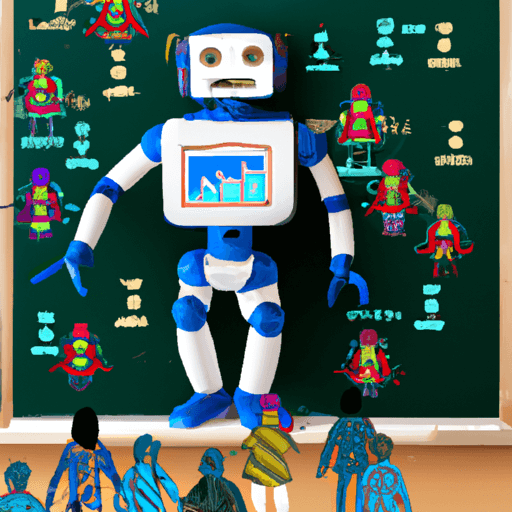The Impact of Artificial Intelligence on Modern Education
Introduction
As the world continues to evolve technologically, Artificial Intelligence (AI) has penetrated every aspect of our lives, including education. AI holds the potential for a paradigm shift in how education is delivered and how we learn.
Benefits of AI in Education
One significant benefit of AI in education is personalization. Tailor-made learning experiences can now be created for each student, adapting to their pace & style. For example, intelligent tutoring systems such as Carnegie Learning use AI to provide personalized resources and feedback to students.
AI can also automate administrative tasks, reducing time spent on grading assignments and tests, thus freeing up teachers' time to interact with students. Intelligent systems can even identify areas where students are struggling, allowing for timely intervention.
Disadvantages of AI in Education
On the downside, implementation of AI tools can be a costly affair, requiring significant funds - not feasible for all institutions. There's also the risk of pushing the role of teachers to the periphery, raising concerns about career displacement.
Moreover, while AI can replicate or mimic most intellectual tasks, they lack human qualities such as emotion, intuition, and empathy, which play crucial roles in effective learning.
The Future of AI in Education
The future of AI in education looks promising with possibilities of virtual reality (VR) environments for immersive learning experiences, or AI-powered adaptive learning platforms that revolutionise distance learning. However, these advancements also lead to ethical issues, such as data privacy of students or biases in AI algorithms, which need to be carefully addressed.
Conclusion
AI is here and it's rapidly transforming the educational landscape. Balancing its advantages while cognizantly mitigating shortcomings and ethical issues will determine how well AI enhances our learning experiences in the future.


















Comments
Leave a Comment